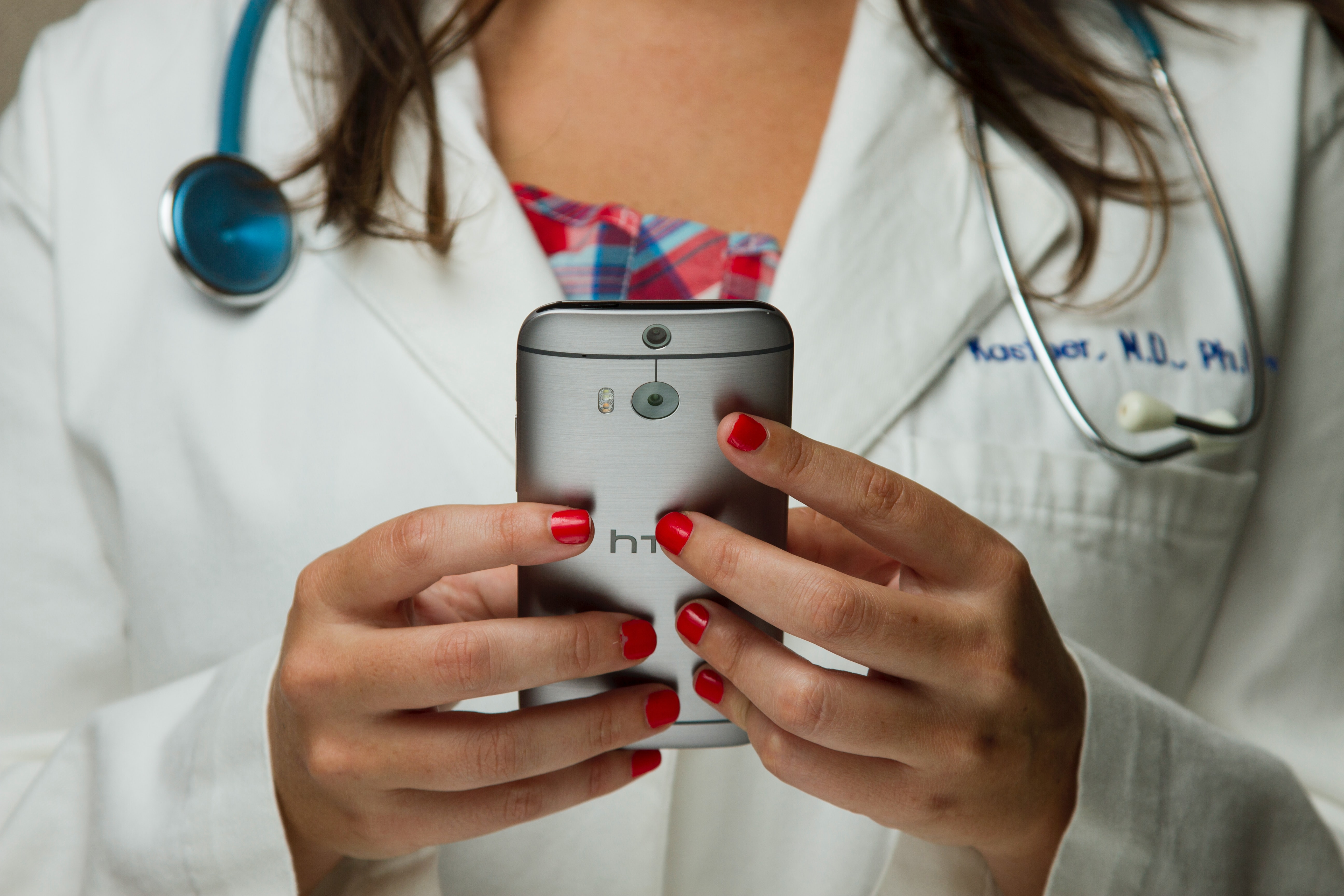Sep 14, 2021
Medical innovation amid the pandemic
Dr. Jamie Colbert, an internist and Blue Cross Blue Shield of Massachusetts’ senior medical director for delivery system innovation and analytics, explores the challenges and potential of health care innovation in Massachusetts in a Coverage series.
The past year and a half have tested clinicians throughout Massachusetts unlike any period in recent memory. Our nurses, physicians, PAs and NPs have cared for patients bravely, brilliantly and compassionately, often at the risk of their own health. Many are now exhausted.
But the clinicians I hear from also have found new ways to provide exceptional care.
Some clinicians developed innovative practices that arose from the pandemic but provide such lasting value that they may change the health care landscape in fundamental ways for many years into the future.
Perhaps most notably, health care services are being delivered to patients in their homes. This practice was driven initially by pandemic shutdowns of primary care offices, but even as offices have reopened, some patients have found that receiving care from the comfort of their home is more convenient and efficient.
Today, in addition to telehealth, we are seeing at-home medication administration, clinical evaluations and even cancer screenings.
Home infusion
Many patients with chronic conditions such as Crohn’s, multiple sclerosis, and even cancer have found current medication therapies allow them to keep symptoms under control so they can live more active lives. But these medications often require time-consuming visits to the hospital or a physician’s office each month to be hooked up to an IV for medication infusions.
During the early months of the pandemic, a growing number of clinicians and health systems engaged home infusion providers to allow greater numbers of patients to receive these vital treatments in the comfort of their own home. That’s a practice that’s been embraced by patients who are unlikely to return to the clinic if they can have their medications brought directly to them.
Mobile integrated health
In March 2020, the Lowell Physician Hospital Organization started operating a mobile integrated health program to bring services directly to patients who might otherwise head to a crowded emergency room for non-critical issues.
When vulnerable patients call their primary care or specialty provider about a medical issue, their doctor can choose to send a referral to the mobile program. Paramedics then provide care in the home under the supervision of a physician who is available via telehealth.
The program is successful in preventing unnecessary emergency department and inpatient visits, says Dr. Wendy Mitchell, medical director of the Lowell program, noting it also has resulted in high patient and provider satisfaction.
The Lowell General team completed roughly 1,000 visits in their first year of operation, for medical conditions including congestive heart failure, COVID assessments, dehydration, electrolyte disorders, COPD, urinary infections, and falls.
Paramedics bring an iPad and connect virtually to the referring physician or a mobile integrated health physician who is able to directly interact with the patient and advise the paramedics.
“For example, we had a patient feeling weak who had been vomiting and became dehydrated,” she recalls.
“The mobile team came to her house, drew labs and administered medications and IV fluids to treat the patient’s symptoms and avoid a hospitalization.”
South Shore Health also has a mobile integrated health program, supervised by Dr. William Tollefsen and Dr. Kelly Lannutti. One of the keys to success, according to Lannutti, has been training the paramedics who are taking on additional tasks that go far beyond their traditional roles as emergency responders.
“They go through 300 hours of additional training to gain the skills necessary for this program,” she said, “including rotations through cardiology clinic, pulmonary clinic, the wound center, mental health and substance abuse clinics.”
The South Shore program is able to accommodate 20-30 patient visits per day, some of which are scheduled ahead of time by their providers, and some which are for sudden issues.
Over the past year, Lannutti estimates more than 500 emergency room visits have been prevented through the mobile integrated health program.
In addition, the program has allowed some patients to be discharged from the emergency department rather than being admitted to the hospital.
“We had a patient who showed up in the emergency department with a complex urinary tract infection requiring IV antibiotics who would have normally been admitted to the hospital,” Lannutti said. “Thanks to the program, he was sent home and had daily visits with mobile integrated health IV medication administration, lab draws and telehealth interactions with his providers.” A hospitalization was avoided, and even more importantly, the patient and his family were “thrilled” with the program.

Home cancer screenings
Preventive care, including cancer screening, was deferred by many patients last year due to the pandemic. When Lucy Duarte, team leader for ambulatory quality at Southcoast Physicians Group, saw patients were not getting colonoscopies in 2020 at the same rates as prior years, her team looked at other options for colorectal cancer screening and decided to send out home screening kits by mail.
Duarte and her team put in place a process to identify members due for screening, call them up and then mail out the test along with educational materials and instructions for how to complete the screening and mail back the results.
“In the past we had not focused on this outreach to the same extent, so during the pandemic we established a process that has been very successful,” she said.
Looking ahead
The pandemic has taken a tragic toll. It has also given us all a chance to learn vital lessons. The dedicated clinicians in our state will continue to find new ways to improve their patients’ care, based on what they are learning.
“COVID has been one of the biggest disrupters in health care,” said Dr. Megan Cardoso, a pediatrician who serves as medical director at the Lowell Physician Hospital Organization. “It has rapidly accelerated the way we think about providing patient care outside the hospital in safe, efficient, patient-centered and cost-effective ways.”
“As we look toward a post-COVID era, we are excited to see how we can continue to innovate and transform so we can provide the very best care for our patients."

